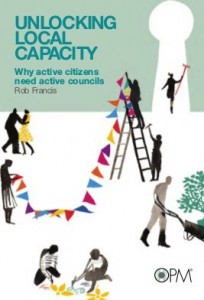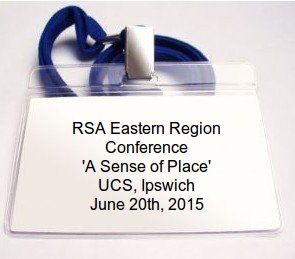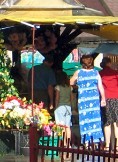 It has been a couple of years now since OPM published Rob Francis’s report Unlocking Local Capacity. However, with a new government and a fresh round of cuts in train, the content of the report around how and why unlocking potential is of interest to Local Authorities, remains highly topical.
It has been a couple of years now since OPM published Rob Francis’s report Unlocking Local Capacity. However, with a new government and a fresh round of cuts in train, the content of the report around how and why unlocking potential is of interest to Local Authorities, remains highly topical.
The detail of the report looks at three key areas…
- Unlocking individual capacity
- Unlocking community capacity
- Unlocking Council capacity
When looking at the individual the report examines the issues of trust, how both residents and elected members perceive each other and the veracity and effectiveness of creating new types of conversation in the local arena.
![]() View, print or download this report here…
View, print or download this report here…
‘These questions are central to discussions about localism, empowerment and what central government calls the Big Society; but they are being asked with such urgency because acute financial pressures demand it’.
It is perhaps a sign of how difficult these issues are, in dealing with relationships with the local state, regardless of political tone, as much of the observations in the report can, to those of us with long memories, sound a long echo back to the heady days of the New Deal for Communities programmes. (This set of Wikipedia links make for an interesting historical narrative about community change…Ed.)
There is an interesting debate established in the report about the subject of ‘incentives’, or rather about the carrot or stick approach to behaviour change. This will always be a thorny issue to wrangle with, not least because with any positive reward programme some will be rewarded for establishing behaviours that others consider the norm.
Another issue is the perception of ‘deviance’, an uncomfortable psychological nomenclature, when used to describe residents who may have been disenfranchised socially and economically by the state for some period of time.
This video of a recent RSA lecture nicely bridges the first two chapters in the OPM report. Alienation, lack of reality and individual empowerment are all part of this reflection by Sir John Elvidge…
![]() This RSA video freely available to all here…
This RSA video freely available to all here…
The second chapter of the OPM report looks at collective responses through volunteering, in the context of changing landscapes with joint, collaborative action. We found it interesting, in revisiting this report, which makes much mention of the then current Big Society idea, that volunteering was seen as something new.
This despite a long, long history of community collective action through the charitable sector, arguably dating back to the early Victorian era two centuries ago now. Newness and efforts to stratify and comodify volunteering persist in the thinking of central government still, as seen in the refreshed election promises to incentivise the company volunteer.
The third sector of the report looks at how councils have and are changing in this redefined landscape. New sources of funding for community projects, new discussions with residents about core budget allocations as a means of establishing recognised community priorities and how to avoid ‘resource capture’. That is to say, those who shout loudest get the most!
‘This report makes the case that when it comes to local people doing more for themselves, it is not enough for councils to simply get out of the way; that capacity in most cases needs to be unlocked, not unleashed’.
This summation of the report is telling. It urges Councils to ‘…have a different conversation’. To shift the local authority debate away from ‘what do you need’ towards a focus on ‘what can we all do that would make things better?’
We particularly liked the urgency of the demand that Councils should ‘…keep hold of the boring stuff’. Governance and the workings of the committee are not everyone’s dream aspiration.
Where the tree will be planted, where the tea and cakes will be served and what colour should we paint the container…much more engaging questions in socio-political landscape change?



